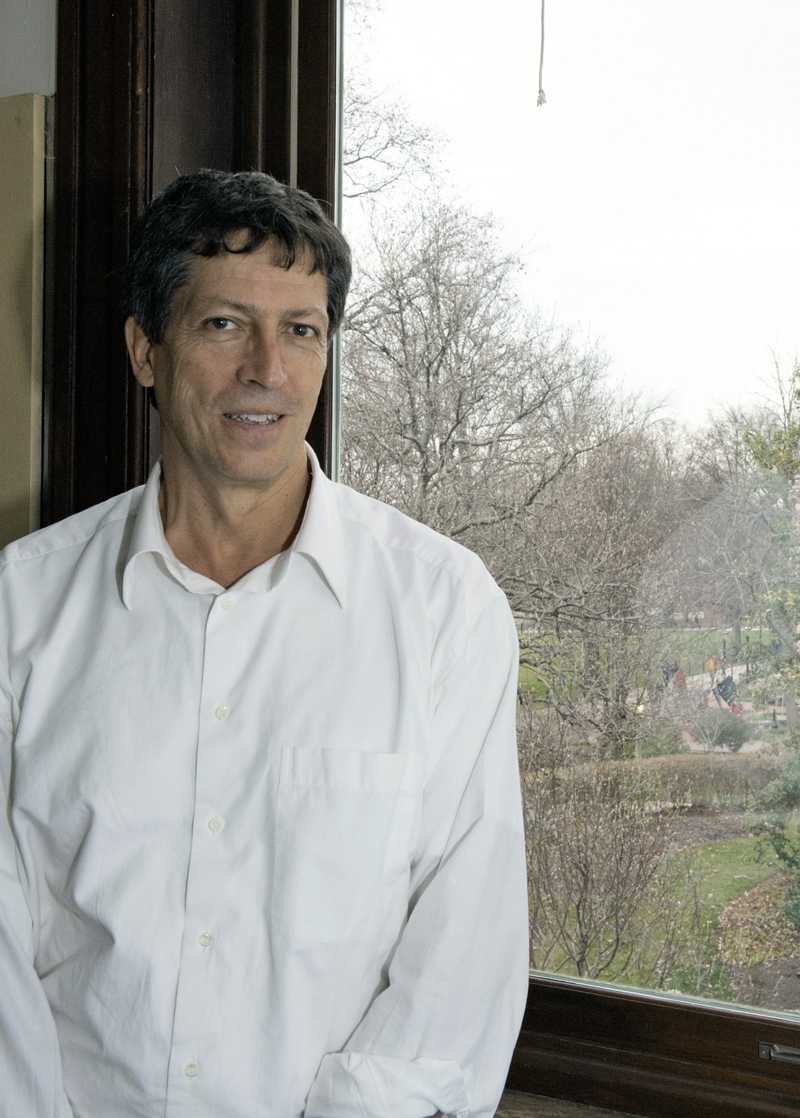The American Association for the Advancement of Science added five more MU professors to its ranks of honorary fellows.
Biological sciences professor Stephen Alexander, biochemistry professor Shuqun Zhang, psychology professor Nelson Cowan, radiology and physics professor Kattesh Katti and anthropology professor Mark Flinn were included in the 701 new fellows elected in October 2012.
All will be honored at the “Fellows Forum” at the AAAS Annual Meeting in Boston, Mass., in February 2013.
The nonprofit association is dedicated to “(serving) society by leading initiatives that include science policy, international programs, science education, and public understanding of science,” according to its website. AAAS publishes the peer-reviewed science journal Science.
Current fellows nominate new future candidates, Flinn said. Candidates must have a doctoral level degree in one of five areas of study: social and behavioral sciences, medical and health sciences, biological, physical or earth sciences, computational sciences and mathematics or engineering disciplines.
Each candidate must also show leadership qualities, a commitment to serving society at large and an ability to “engage with non-scientific audiences,” according to the AAAS website.
Les Hall, interim dean of the MU School of Medicine, described Katti as an “internationally renowned expert in applying nanomedicine discoveries to the diagnosis and treatment of cancer” in an article on the MU School of Medicine news website.
“I am deeply honored and humbled to have been selected for this award,” Katti said in an email. “It is always special when your peers elect you in recognition of your scientific accomplishments.”
Flinn said being a fellow is basically just an honor for his work over his career. He describes his research as combining a number of disciplines.
“What makes (my research) weird is that I mix medical school stuff with developmental psychology with cultural anthropology,” Flinn said. “I really enjoy interdisciplinary work. Part of the reason (why the anthropology department) works so well is that it’s the perfect place to do work like this. We have phenomenal collaborators across disciplines: the medical school, the psychology department and so on.”
A major facet of Flinn’s work has been his research in the area of stress hormones, he said. Flinn is currently tracking the levels of the stress hormone cortisol in children and other members of a rural village on the Caribbean island of Dominica.
The project is a naturalistic, longitudinal study.
“I’ve been living in the community for about 25 years,” Flinn said. “I’ve basically become a community member. I go to all the houses and talk to kids about what’s going on in their lives. Then I take a saliva sample. The sample is frozen and sent back to the States for analysis.”
The project aims to compare the levels of cortisol to life events such as growth and illness. It also examines the effect of family relationships and chronic stress on cortisol levels.
Flinn cites MU as a key factor in his new fellow status.
“I never would have gotten honors like this without the University of Missouri,” Flinn said. “There is an astonishing quality of people at MU. Being in this elite group is almost embarrassing. There are so many people that I admire. I’m extremely grateful. And proud.”








